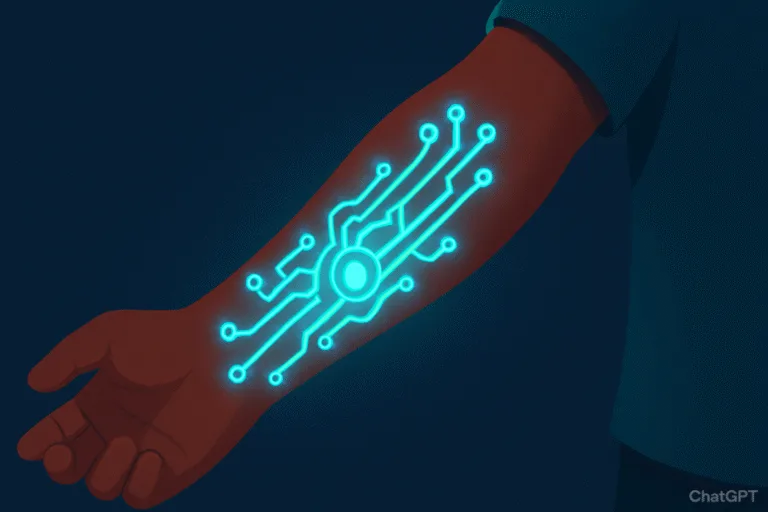Ford Motor Company confirms the launch of automated driving system, Latitude AI, in a recent press release, a few months after closing its previous self-driving tech unit, Argo AI. The new subsidiary, Latitude AI, will develop an automated driving system for millions of vehicles, enabling hands-free and eyes-off-the-road driving.
Latitude AI is taking on 550 employees from Ford’s previous self-driving project, Argo AI. These experts specialize in machine learning, robotics, cloud platforms, mapping, safety engineering, and test operations. Latitude AI aligns with Ford’s strategic shift to focus on developing automated driving technologies for personal vehicles, distinguishing itself from Argo AI, which focused on autonomous robotaxis.
Ford’s Chief Advanced Product Development and Technology Officer, Doug Field, commented on the new development, stating:
“We see automated driving technology as an opportunity to redefine the relationship between people and their vehicles“
“The deep experience and talent in our Latitude team will help us accelerate the development of all-new automated driving technology – with the goal of not only making travel safer, less stressful, and more enjoyable but ultimately, over time, giving our customers some of their days back”
Latitude AI’s executive team has been announced, with Sammy Omari, Ford’s executive director of ADAS technologies, appointed as CEO. Peter Carr is named as the chief technology officer, overseeing product and technical development, while David Gollob will serve as the president, responsible for business operations.
The automobile industry has witnessed a significant shift towards integrating artificial intelligence (AI) in vehicles. AI has been used to develop advanced driver assistance systems (ADAS), enabling features such as collision avoidance, lane departure warning, and adaptive cruise control.
Car manufacturers are investing heavily in integrating more software and autonomous technology in vehicles, driven by the potential benefits of these technologies. Ford Motor Company is among the carmakers that have joined this trend, with the recent launch of Latitude AI.
Similarly, Mercedes-Benz has also been ramping up its investments in autonomous technology, with plans to launch a new self-driving technology division to develop advanced software, sensors, and other components for future cars.
Despite some skepticism about the technology, these carmakers are pushing forward, driven by the potential benefits of autonomous driving, including increased safety, reduced congestion, and improved mobility.





